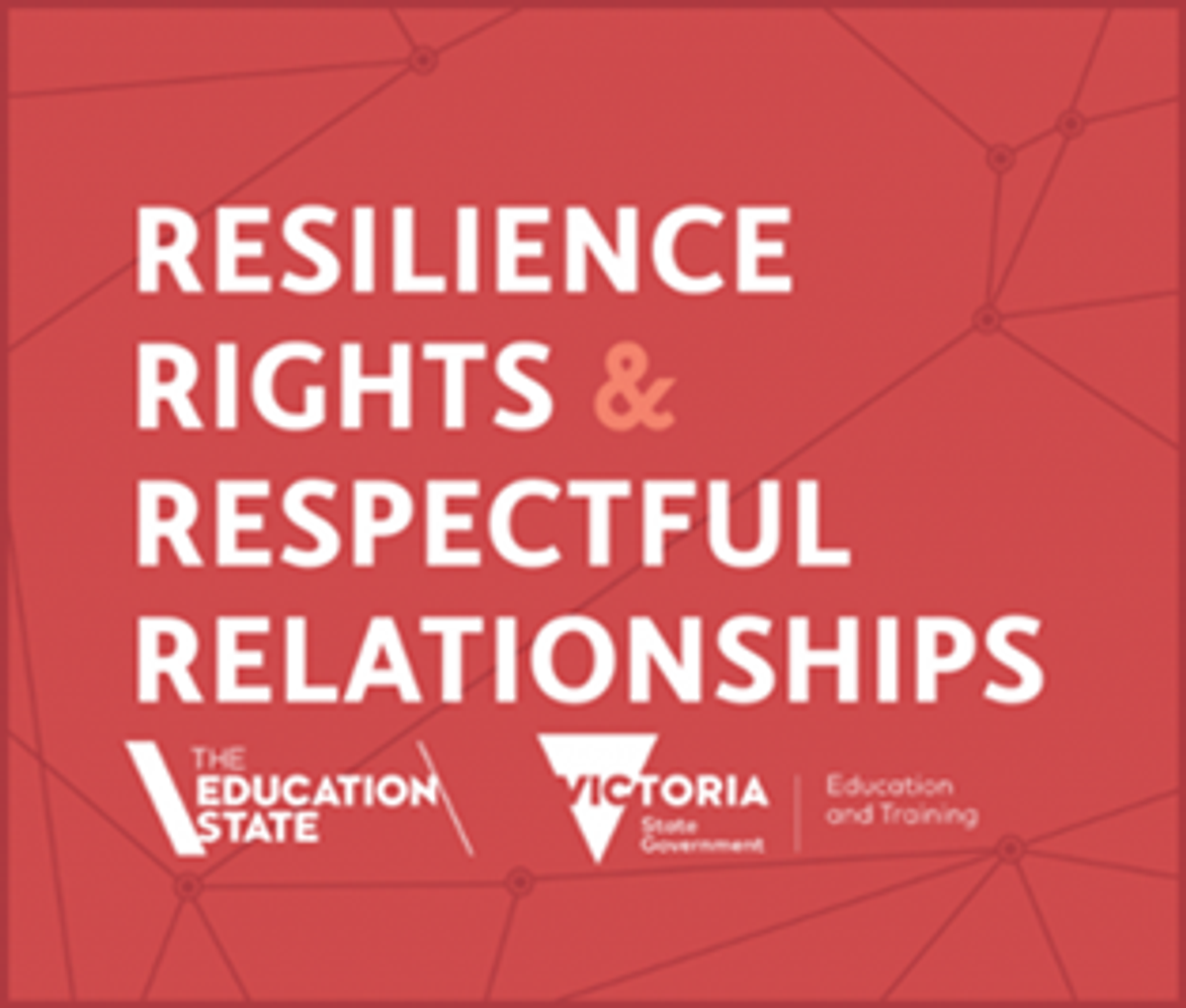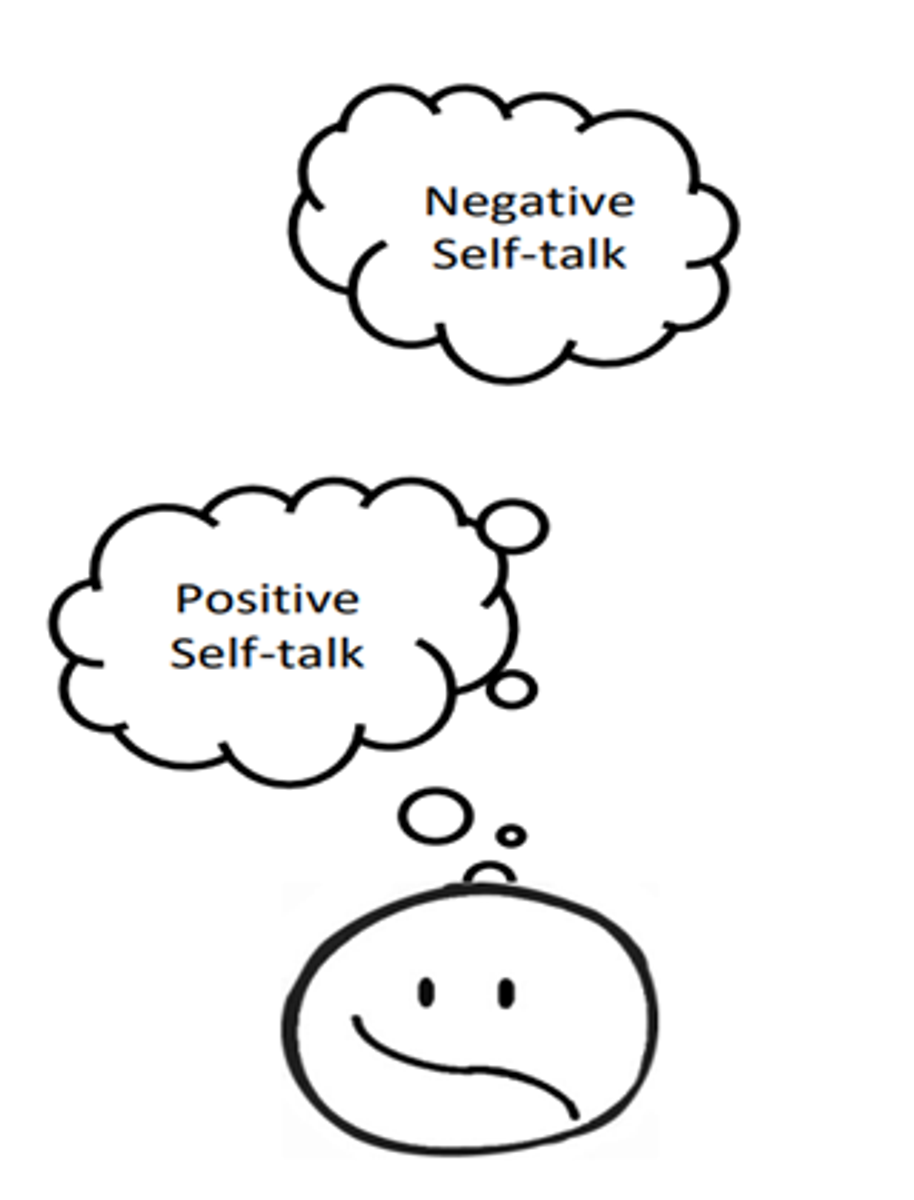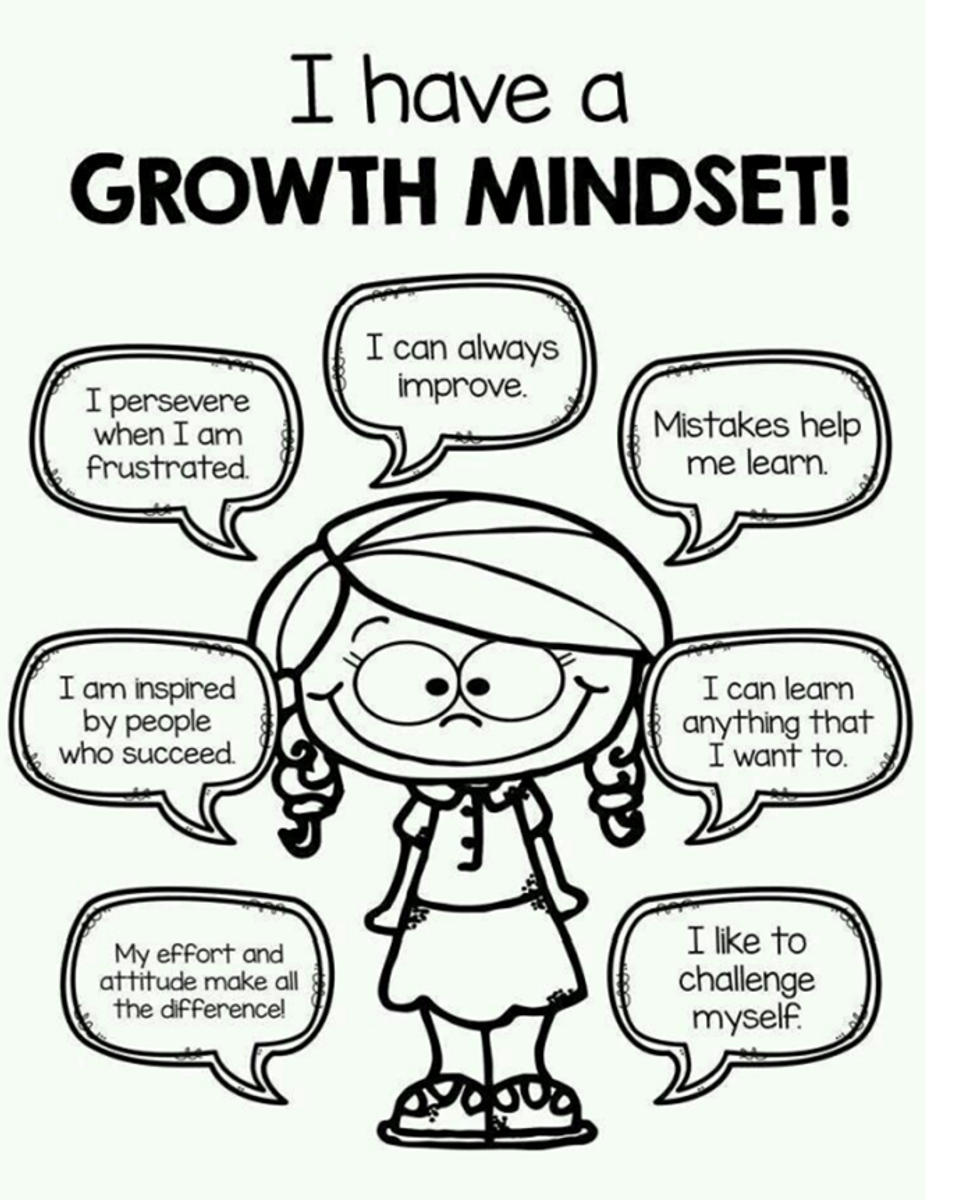Wellbeing and Inclusion Update

Resilience, Rights and Respectful Relationships (4Rs)
Next week (Week 5), we will begin with our third topic – Positive Coping. Activities within this topic area will assist students (at different levels within the school) to:
- reflect on their emotional responses
- describe ways to express emotions that show awareness of the feelings and needs of others
- practice techniques to deal with feelings of fear, frustration and anger
- learn and practice self-calming techniques
- understand the value of a meaningful apology
- identify the influence of self-talk on their actions and emotions
Why Teach Positive Coping Strategies?
• Coping strategies are the things people do to help them to self-calm, self-cheer, persevere and endure, release tension, deal with distress or uncertainty or lift their mood
• Coping strategies can be learnt through observation
• Children tend to imitate the coping strategies that they see modelled in their families and amongst their peers
• Boys and girls tend to absorb gendered coping styles
• Students can learn to extend their repertoire of coping strategies and benefit from critically reflecting on their own choices
• When young people develop language around coping, they are more likely to be able to understand and deliberately utilise a range of different strategies for use in addressing different types of challenges.
The topic of Positive Coping will be covered for the next four weeks.


